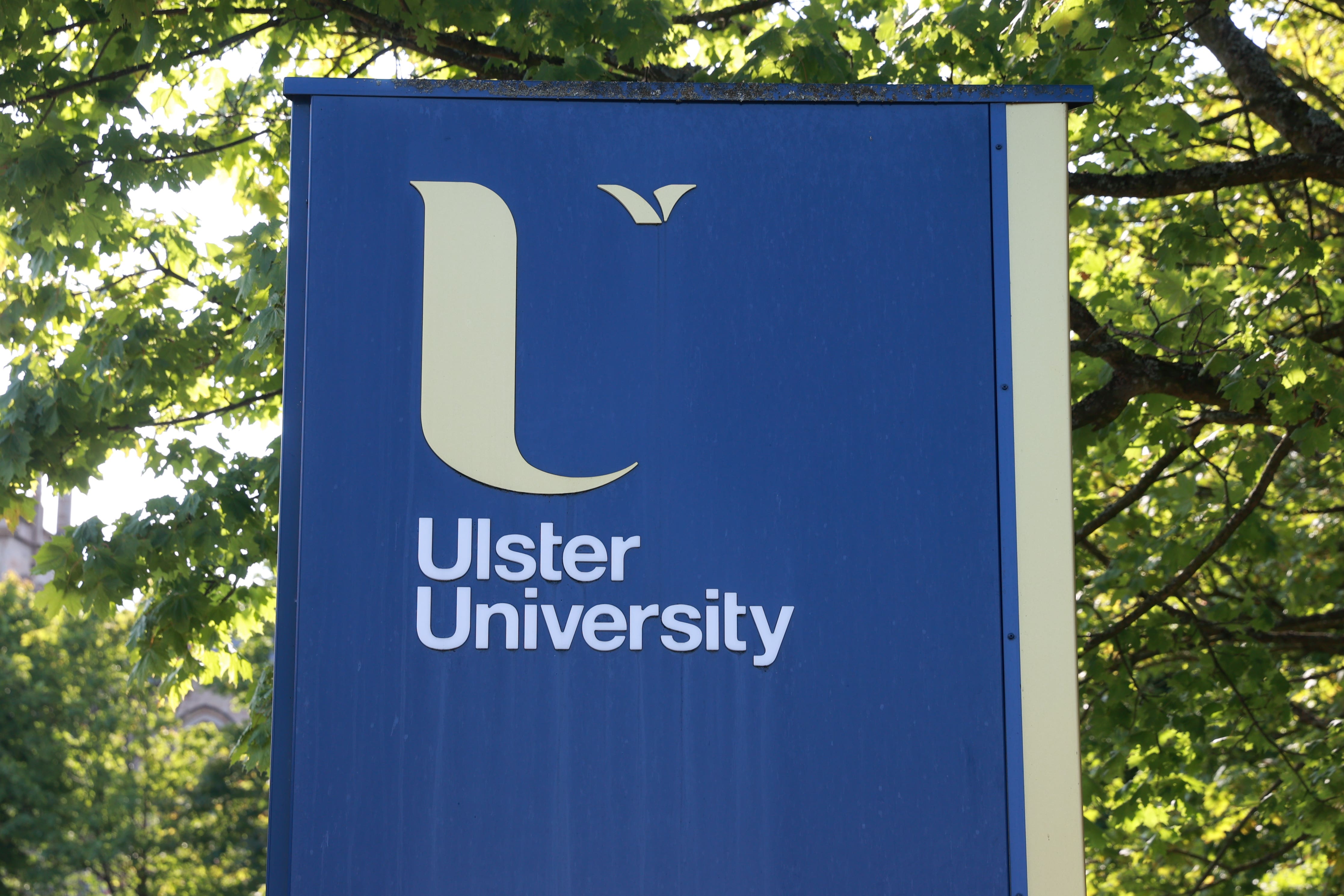Half a million jobs created in Northern Ireland in last 15 years, study says
The majority of job growth occurred in younger firms established from 2007 to 2021, a study from Ulster University shows.

Your support helps us to tell the story
From reproductive rights to climate change to Big Tech, The Independent is on the ground when the story is developing. Whether it's investigating the financials of Elon Musk's pro-Trump PAC or producing our latest documentary, 'The A Word', which shines a light on the American women fighting for reproductive rights, we know how important it is to parse out the facts from the messaging.
At such a critical moment in US history, we need reporters on the ground. Your donation allows us to keep sending journalists to speak to both sides of the story.
The Independent is trusted by Americans across the entire political spectrum. And unlike many other quality news outlets, we choose not to lock Americans out of our reporting and analysis with paywalls. We believe quality journalism should be available to everyone, paid for by those who can afford it.
Your support makes all the difference.Half a million jobs were created in Northern Ireland in 15 years, according to a study.
Analysis from the Ulster University Economic Policy Centre (UUEPC) of growth in Northern Ireland from 2007 to 2021 showed how often firms are in job creation mode.
In that period, a total of 67,628 employer firms were established in Northern Ireland, with the majority, 64%, operating in the service sector.
The report points to the most job growth occurring in these younger firms, with the majority of jobs occurring in the first year.
It also stated that subsequent growth episodes were more prevalent in newly-created businesses.
UU economists suggest that potential policy interventions should consider both the age and size of firms rather than solely focusing on small firms.
They also report that the timings and consistency of job growth among employer firms showed some stable patterns.
Typically, in those firms that survived up to 10 years, job creation was a rare, one-off event and usually occurred early in the firm’s life cycle.
Multiple job creation episodes were linked to larger firms at birth, while smaller firms generally had no job creation episodes during their lifetime.
Speaking on the report, Dr Karen Bonner, principal economist at the EPC, said the report aimed to understand more on the process of job creation.
“In Northern Ireland job creation has been a policy lever to help grow the economy but to date we know little about the ‘how’ of firm job creation in terms of when and how often firms generate employment over their lifetime,” she said.
“To this end, this project seeks to understand both the extent of job creation in Northern Ireland since 2007 and the job creation history of businesses.”
Whether firms survived for three years or 10 years, a significant proportion of them exhibited static job patterns
Dr Bonner said government policy should focus on helping established businesses to create job growth.
“Effective interventions could focus on firms with static job patterns over their lifetime, as they represent the most commonly observed pattern,” she said.
“Whether firms survived for three years or 10 years, a significant proportion of them exhibited static job patterns, indicating a lack of significant job creation or loss.
“Programmes supporting job growth could establish entry criteria based on various factors including business characteristics, employment history, and the growth mindset of the owner.”
The report uses individual firm-level records to track job creation, job retention and job loss over time and identifies how prevalent job creation is amongst new firms.